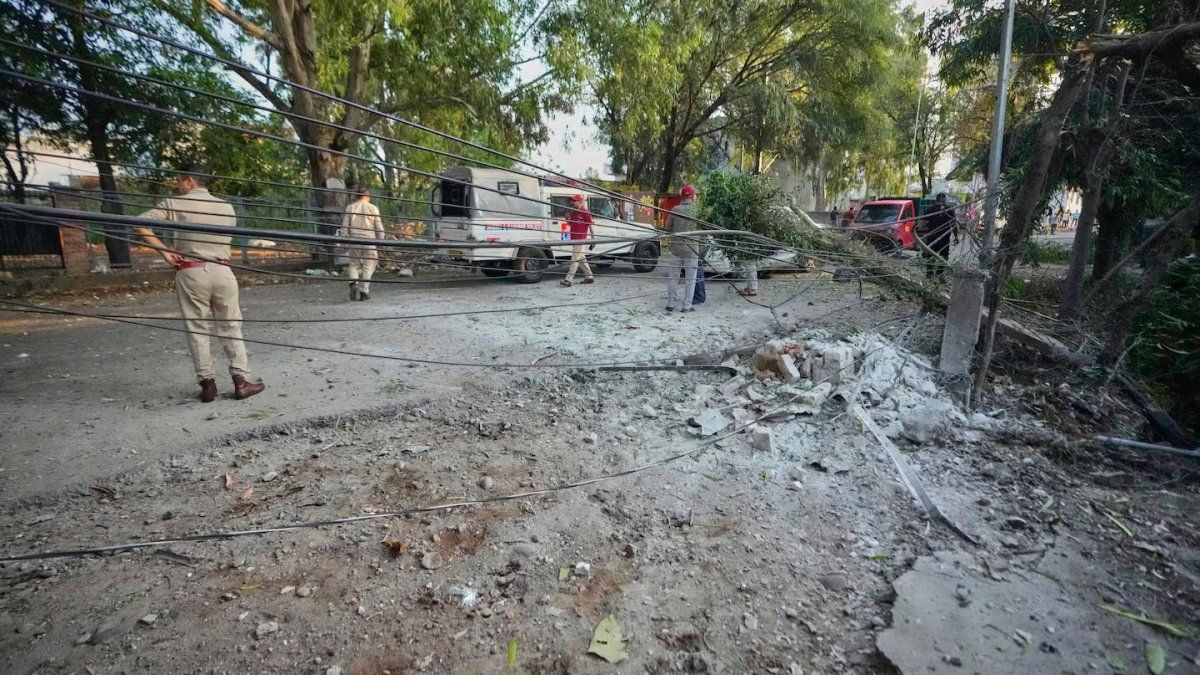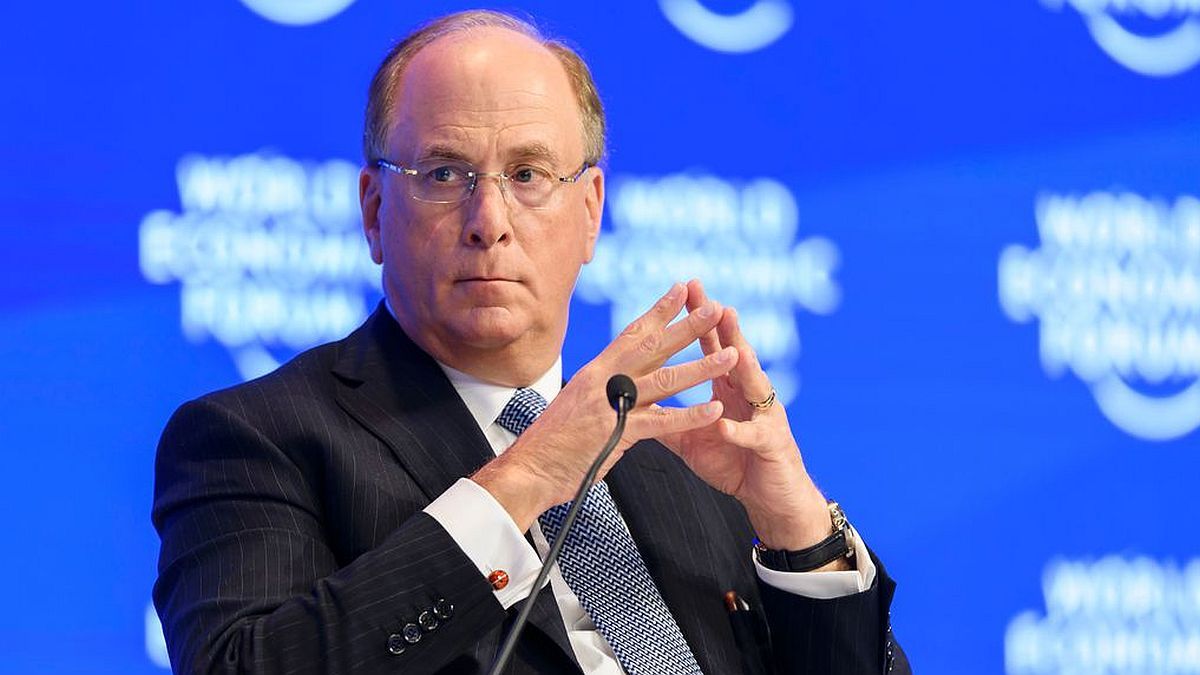The Dispute between India and Pakistan entered a new climbing stagewith growing tension. In the early hours of Saturday, the Pakistan armed forces confirmed that They executed missile attacks on several points of the Indian territory, in response to a bombing they had received The previous Wednesday.
This counterattack, according to official sources, consisted of a military operation called “Bunyanunun Marsoos”, translated as “unwavering wall”, in which they destroyed a Brahmos Missile Deposit In the city of Amritssarlocated in the Indian state of Punjabto the north of the country.
The Pakistani army also indicated that he directed Attacks towards key military facilities of Indiaas part of this war response. The tension accumulated for decades between both Nuclear powers It resulted in a new episode with significant human and political consequences.
What did the authorities of India reported
Shortly after the attacks, the Indian Army recognized the facts: “India successfully neutralized most of these threats. However, there were limited damage to the team and personnel at the Indian Air Force stations in Udhampur, Pathankot, Adampur and Bhuj, ”said the commander Vyomika Singh During a press conference provided on Saturday, May 10.
India Pakistan.jpg
The military conflict between the two nuclear countries is returned to several decades.
Archive
On Friday, Pakistan had accused India of throwing missiles about three of his air bases: Nur Khan, Murid and Shorkot. They also reported the interception of “Cruise missiles shot at the Rafiqui Air Base, in Shorkot ”, which caused an immediate reaction with crossfire between the two countries.
The resurgence of the conflict left at least five dead civilians in Pakistani territory and 18 fatalities In the region of Cashmereunder Indian control. This area remains the main focus of dispute and scenario of sporadic clashes for decades.
Pakistan’s warning
The military spokesman for Pakistan, Ahmed ChaudhryI had already warned after the first attacks: “We will respond at the time we choose”The answer finally came less than 48 hours later, raising concern throughout the region for the risk of a broader confrontation between two powers with nuclear weapons.
On Saturday, May 10, Pakistani Prime Minister, Shehbaz Sharifconvened an urgent meeting with the members of the National Command Authoritythe agency responsible for defining the nuclear and missile policy of the country. This institution, created in 2000 after the first nuclear essays of Pakistan, is key to taking strategic decisions in crisis contexts.
Analysts consider that this It is the most serious episode between India and Pakistan since the Kargil War in 1999which happened only one year after both countries officially declared themselves as nuclear powers. The possibility of a large -scale conflict re -installs the fear of a regional crisis with global implications.
The UN requested the maximum military containment to India and Pakistan
UN Secretary General, António Guterres, He referred to Indian military operations through the control line and the international border against Pakistan and assured that “andThe world cannot afford military confrontation ” Among these countries.
A spokesman said that the UN Chief requested maximum military containment both India and Pakistan. Already on Monday, Guterres had warned that the tensions between the two residents of southern Asia had reached “their highest level in years.”
He also offered his good offices to both governments to help lower tensions and promote diplomacy, noting that “A military solution is not a solution”.
Source: Ambito




